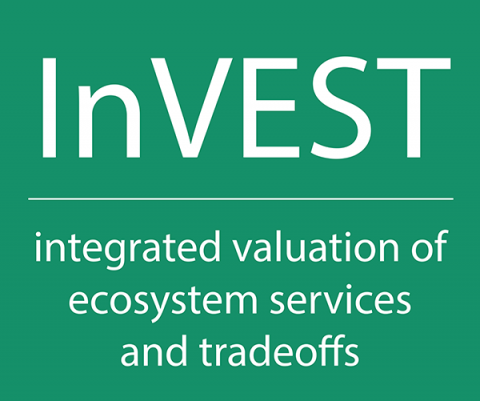ORVal (Outdoor Recreation Valuation tool)
Visit Tool
ORVal is a freely accessible web-based tool that predicts the number of visits to existing and new greenspaces in England, and estimates the welfare value of those visits in monetary terms. It is based on an econometric model of recreational demand derived from MENE data. Users can examine the recreational value of existing green space and test how the number of visits and the value of these visits might change if the land cover was changed, or if new green spaces were created. Results can be grouped by local authority area or catchment, and can be split by socio-economic group.
Information Requirements
Input
All input data is provided internally by the tool – the user just has to choose an existing green space by clicking on the map, or specify the land cover of altered or newly created green space.
Output
Maps; Quantitative data on ecosystem services; Tables / statistics / reports; Economic assessment; Cost-benefit assessment
Resource Requirements
Access to internet.
How does it work?
The user can zoom into a map of England and Wales showing existing publicly-accessible green spaces (parks, countryside paths, woods, beaches, allotments, cemeteries, nature areas etc.). The maps also show information on the habitat types (woodland, agriculture, natural grass, managed grass etc.), designations (SSSI, nature reserve, etc.) and points of interest (historic site, archaeology, scenic feature, viewpoint, playground) at those sites. Estimates of visits to each site and the value generated from those visits is estimated via an econometric model of recreation trip choice (specifically a random utility travel cost model) based on seven years of data from the weekly MENE (monitor of engagement with the natural environment) survey (2009 to 2016). Trip and value estimates control for the socio-economic characteristics of local populations as well as the location, size, land covers and features of a site and, importantly, of substitute sites.
Detailed Information
Key data sources:
The following can be downloaded from the website http://leep.exeter.ac.uk/orval/documents:
- User guide
- Data report
- Technical report
- Three short case studies
- Spatial datasets for beaches, parks, paths and access points (DWG files)
Terrestrial, freshwater or marine focus?
- Terrestrial
- Freshwater
- Marine Focus
User Time Requirements:
Low – After defining the area to be assessed by clicking on the map or drawing a polygon, web reports are generated in just a few seconds.
Developer Organisation
University of Exeter, with funding from Defra.
Publications
Finch, T., Day, B., Massimino, D., Redhead, J.W., Field, R.H., Balmford, A., Green, R.E. and Peach, W.J., (2020). Evaluating spatially explicit sharing‐sparing scenarios for multiple environmental outcomes. Journal of Applied Ecology.
Day, B., (2020). The economic value of the outdoors under pandemic lockdown, Environmental and Resource Economics, 76(4), pp.1161-1185.

